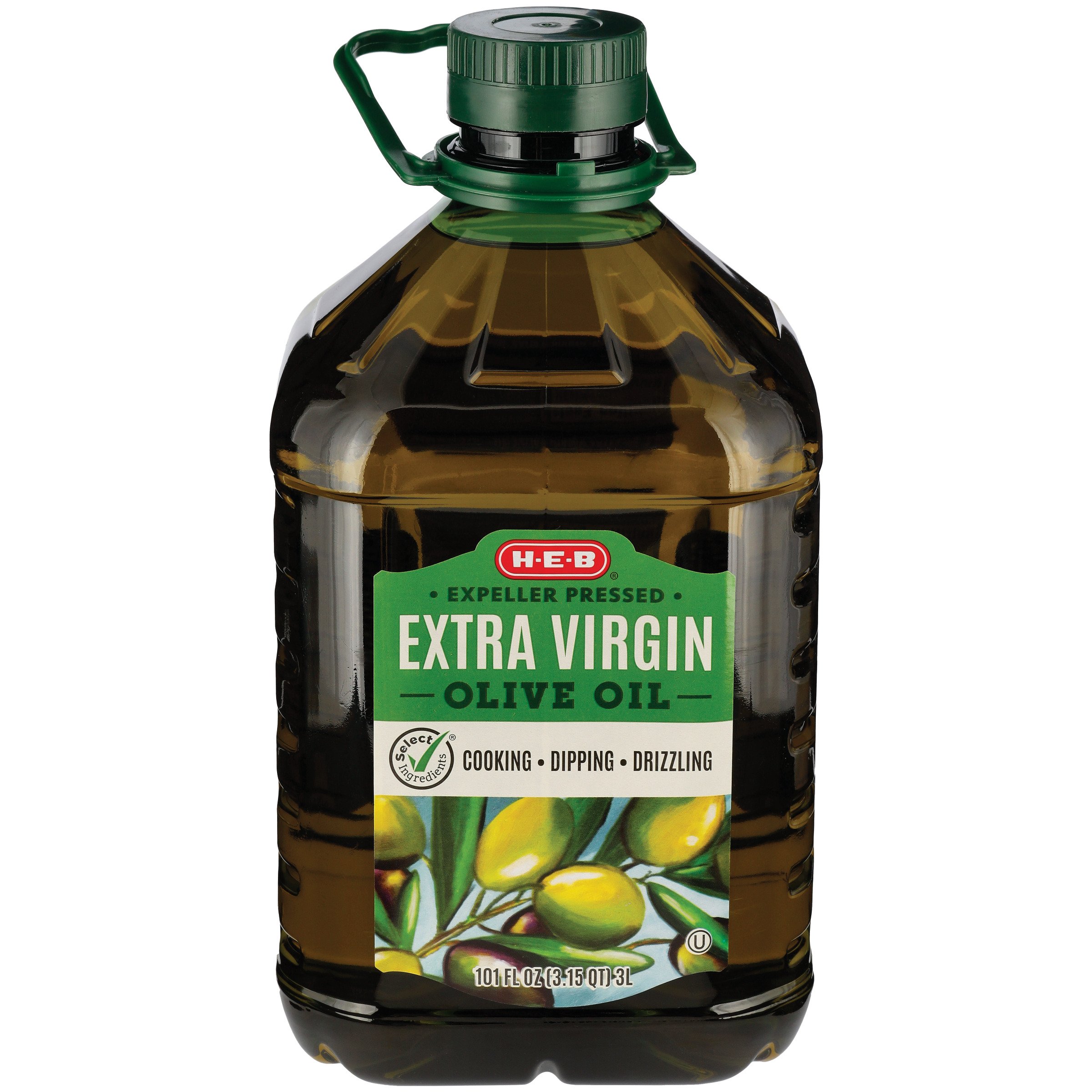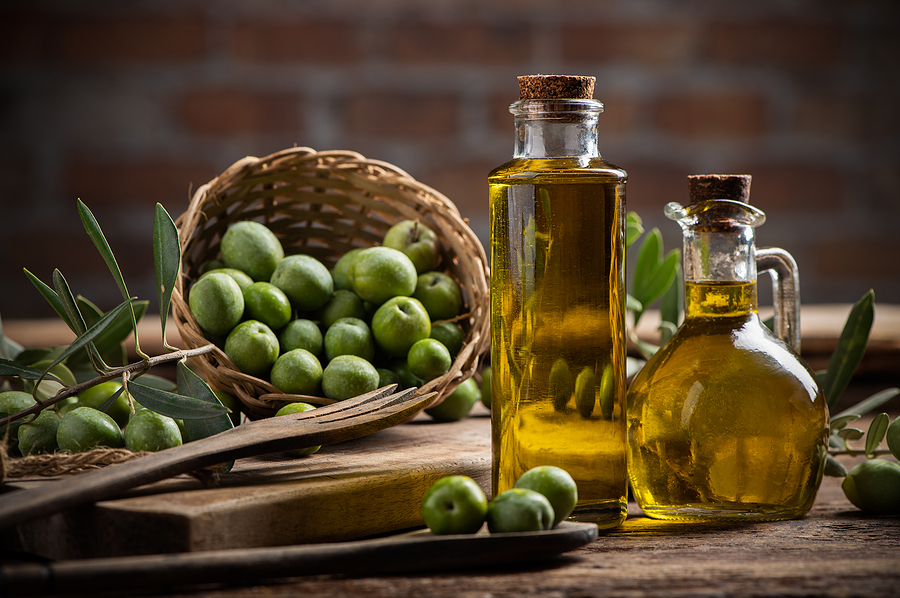Checking Out the Different Kinds of Olive Oil and Their Usages, Including Extra Virgin Olive Oil
The exploration of olive oil incorporates a diverse variety of kinds, each offering culinary applications and unique tastes. Extra virgin olive oil, renowned for its remarkable top quality and health advantages, offers as a staple in several kitchens, yet it is just one aspect of this multifaceted component.
What Is Olive Oil?
Acquired from the fruit of the olive tree, olive oil is a staple in Mediterranean food and an essential component in numerous cooking applications. This versatile oil is created by pushing entire olives, causing a liquid that varies in color, flavor, and aroma depending upon the kind of olives made use of, the area of farming, and the removal procedure. Olive oil is predominantly composed of monounsaturated fats, particularly oleic acid, which is understood for its prospective health and wellness advantages, consisting of anti-inflammatory properties and cardiovascular support.
Along with its cooking usages, olive oil has a lengthy background of application in typical medication and skincare, owing to its rich antioxidant material (extra virgin olive oil benefits). The oil is commonly made use of in dressings, marinates, and for cooking techniques such as sautéing and roasting. Its unique flavor profile can enhance the taste of numerous recipes, making it an essential active ingredient for both home chefs and specialist chefs
Additionally, olive oil is celebrated for its role in the Mediterranean diet regimen, which is connected with countless health and wellness benefits. As awareness of these benefits expands, olive oil remains to acquire popularity worldwide as a basic element of a healthy lifestyle.
Kinds Of Olive Oil
Comprehending the various kinds of olive oil is necessary for both health-conscious customers and culinary fanatics. Olive oil is categorized largely based upon its extraction technique and quality, which dramatically impacts its scent, health, and taste benefits.

Light olive oil, despite its name, describes a lighter taste and not lower calories. It is perfect for those seeking an extra refined taste in dressings and marinades. Furthermore, there are flavored olive oils instilled with natural herbs, spices, or citrus, which can enhance recipes without the requirement for additional flavoring.
Each sort of olive oil serves details culinary purposes, and recognizing these differences allows customers to make informed selections that align with their food preparation styles and wellness goals.
Bonus Virgin Olive Oil
Additional virgin olive oil (EVOO) is widely pertained to as the best olive oil readily available, well known for its abundant flavor and countless health and wellness advantages. To be categorized as added virgin, the oil should be generated from fresh olives utilizing mechanical procedures, without the use of solvents or too much heat. This thorough method maintains the oil's natural flavors, anti-oxidants, and healthy fats, leading to an item with a low level of acidity degree of less than 0.8%.
EVOO is plentiful in monounsaturated fats, particularly oleic acid, which is linked to lowered inflammation and enhanced heart wellness. It also consists of polyphenols, effective antioxidants that may use safety effects versus persistent diseases. The flavor account of EVOO can differ significantly depending upon the olive selection and area of production, ranging from fruity and verdant to durable and peppery.

Culinary Utilizes of Olive Oil

In food preparation, olive oil can be utilized for sautéing, roasting, and grilling, providing a healthier alternative to butter or various other fats. Its high smoke factor makes it ideal for different cooking techniques, while its antioxidants add to a heart-healthy diet. Showering olive oil over ended up recipes, such as pasta, fish, or barbequed vegetables, can elevate tastes and include a touch of sophistication.
Moreover, olive oil plays a considerable function in baking, where it can change typical fats in dishes for bread and pastries, imparting dampness and a refined taste. It also offers as a base for infused oils, allowing cooks to explore flavors such as garlic, natural herbs, or chili, additionally broadening its culinary possibility. Generally, olive oil's flexibility makes it indispensable in both home and specialist kitchen areas.
Choosing Top Quality Olive Oil
When choosing quality olive oil, it's necessary to think about several vital elements that affect the product's wellness, flavor, and fragrance benefits. Most importantly, choose for added virgin olive oil (EVOO), which is obtained from the initial cold pushing of olives and contains the greatest degrees of antioxidants and helpful compounds. Try to find oils that are licensed by recognized companies, as this often makes certain visit here adherence to rigorous quality requirements.
The product packaging likewise plays a considerable function in preserving the oil's stability. Choose oils saved in dark glass bottles or page tins to safeguard against light destruction. Pay attention to the harvest date; fresher oils provide remarkable taste and dietary worth, so pick products that are within 18 months of their harvest.
Be conscious of the taste; a good top quality olive oil need to have an equilibrium of fruity, bitter, and peppery notes, indicating its splendor and intricacy. By reviewing these variables, you can guarantee you are selecting the best olive oil for your cooking demands.
Final Thought
In recap, the exploration of numerous types of olive oil exposes distinct attributes and applications, with extra virgin olive oil standing for the pinnacle of high quality due to its reduced acidity and high antioxidant web content. Understanding the various varieties of olive oil enables for educated options in food preparation methods, advertising much healthier practices while enhancing the overall gastronomic experience.
Obtained from the fruit of the olive tree, olive oil is a staple in Mediterranean food and a key component in numerous culinary applications.The most typical kinds of olive oil consist of refined olive oil, pure olive oil, and light olive oil.Additional virgin olive oil (EVOO) is extensively concerned as the greatest top quality olive oil available, renowned for its abundant taste and numerous health and wellness advantages. Decide for extra virgin olive oil (EVOO), which is obtained from the very first cold pushing of olives and contains the greatest levels of antioxidants and helpful substances.In recap, the exploration of various types of olive oil exposes unique features and applications, with extra virgin olive oil representing the pinnacle of high quality due to its reduced level of acidity and high antioxidant web content.